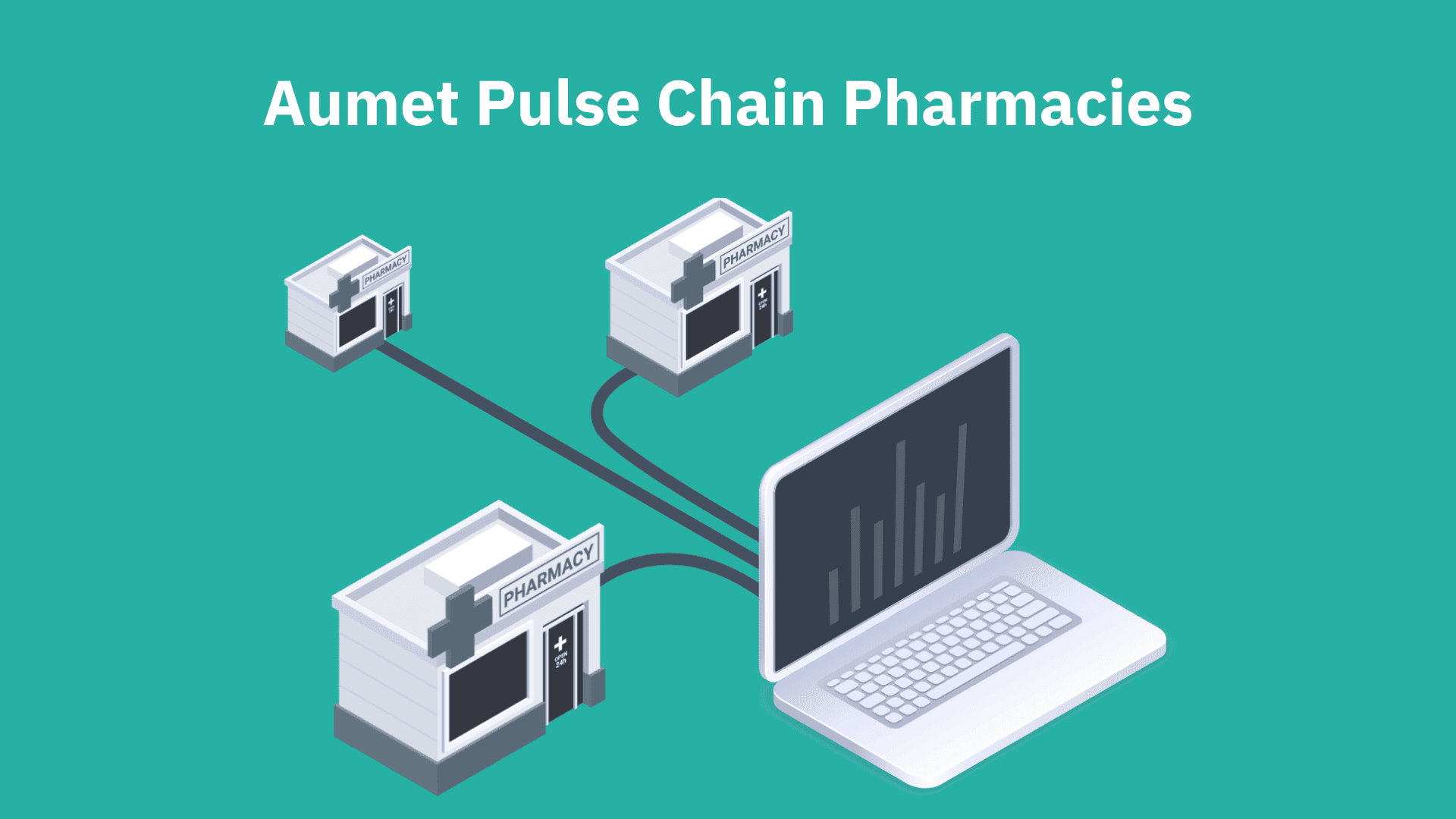The pharmaceutical industry is experiencing a major transformation through the integration of artificial intelligence (AI) in drug discovery. Traditional drug development methods can take over a decade and cost billions to bring a single new drug to market. However, AI is proving to be a revolutionary technology, offering quicker and more economical alternatives. By harnessing machine learning, predictive modeling, and big data analytics, researchers are changing the landscape of drug discovery, testing, and personalized medicine.
This article examines the critical roles AI plays in contemporary drug discovery—from identifying potential drug candidates to facilitating precision medicine—while also discussing the challenges and future possibilities of this innovative approach.
AI in Drug Discovery: A Revolutionary Force
AI is revolutionizing nearly every aspect of drug discovery, addressing the inefficiencies and complexities of traditional practices.
1. Faster Identification of Drug Candidates
AI accelerates drug discovery by analyzing vast datasets, including chemical libraries and genetic information, to identify potential drug candidates. Tools like DeepMind’s AlphaFold, which predicts protein structures with high accuracy, enhance researchers’ understanding of molecular interactions, while virtual screening technologies analyze millions of compounds digitally to save time and resources.
2. Improving Preclinical Research
AI simulates drug behavior within the human body and accurately predicts absorption, distribution, metabolism, excretion, and toxicity (ADMET) properties. This approach minimizes trial failures, enabling researchers to concentrate on the most promising drug candidates early in development.
3. Personalized Medicine and Targeted Therapies
AI facilitates personalized treatment by integrating and analyzing genetic, environmental, and lifestyle data to tailor therapies to individual patients. Tools like IBM Watson Health use patient data to recommend tailored cancer therapies, showcasing AI’s potential in precision medicine.
Real-World Applications
- Insilico Medicine: Employs AI algorithms to discover novel compounds for diseases with unmet medical needs.
- Exscientia: Successfully advanced the first AI-designed drug into human clinical trials.
- Atomwise: Uses AI for virtual screening to expedite the discovery of treatments for diseases like Ebola and COVID-19.
These examples underscore AI’s potential to not only accelerate the drug development process but also reduce associated costs.
Challenges Facing AI in Drug Discovery
- Data Quality and Accessibility: High-quality datasets are crucial for training AI models, but accessing such data remains a challenge.
- Regulatory and Ethical Issues: Regulatory frameworks have yet to fully adapt to the incorporation of AI in drug development, raising concerns about algorithm transparency and decision-making processes.
- Integration with Existing Systems: Integrating AI solutions into traditional pharmaceutical workflows can be complex and resource intensive.
The Future of AI in Drug Discovery
Looking forward, AI’s role in drug discovery is anticipated to expand significantly. Advances in deep learning, quantum computing, and generative AI models will enhance the speed and precision of drug development. As AI systems become more transparent and interpretable, trust in their predictions among researchers and regulators will likely increase.
Ultimately, the integration of AI into drug discovery has the potential to revolutionize healthcare, delivering life-saving treatments to patients more swiftly than ever before.
Conclusion
AI is more than just a tool for enhancing efficiency in drug discovery; it signifies a fundamental shift in our approach to disease treatment. By facilitating faster, more accurate, and cost-effective solutions, AI is paving the way for a future where personalized and effective treatments are accessible to everyone.
Share your own article on Aumet Blog
To learn more about Aumet, contact us!










